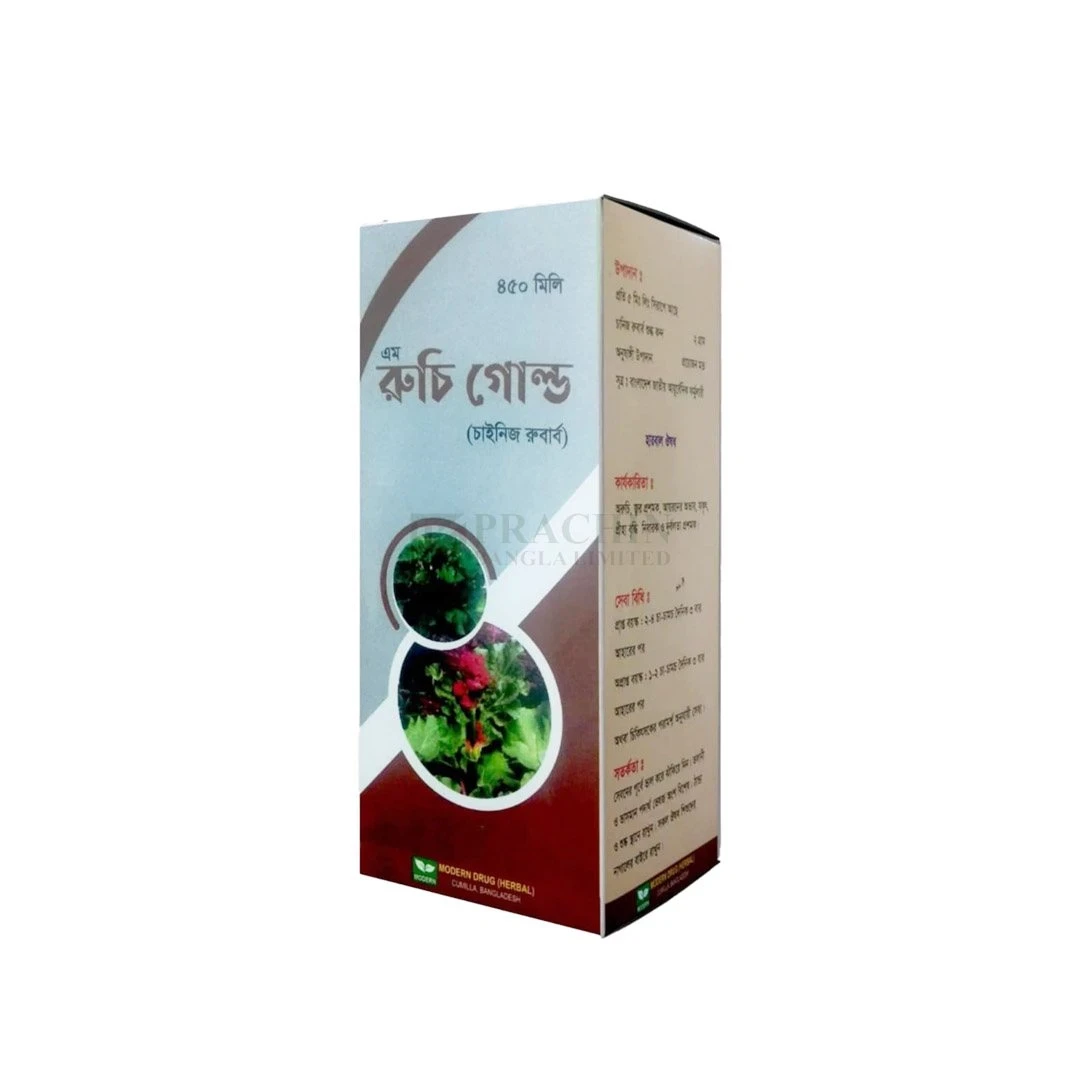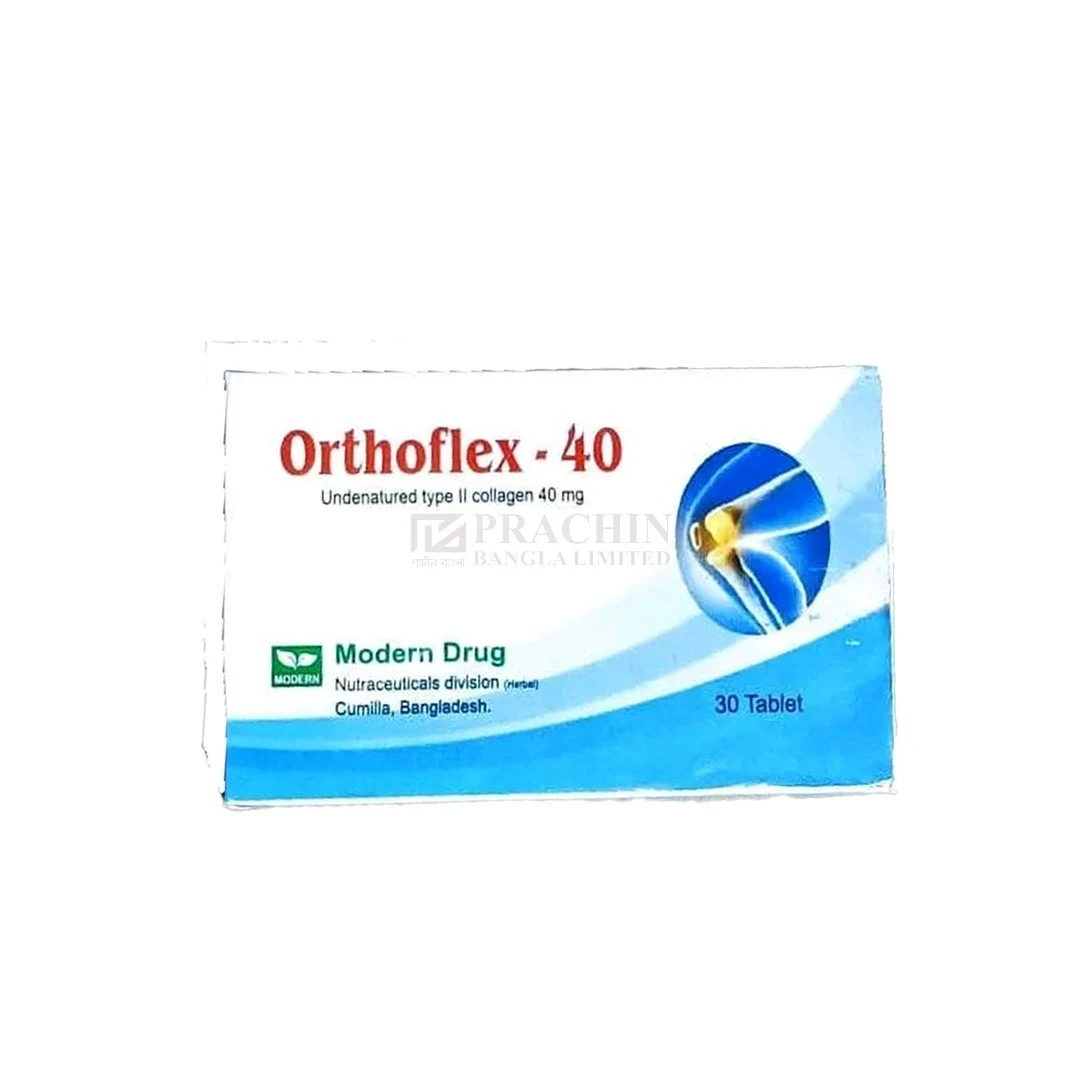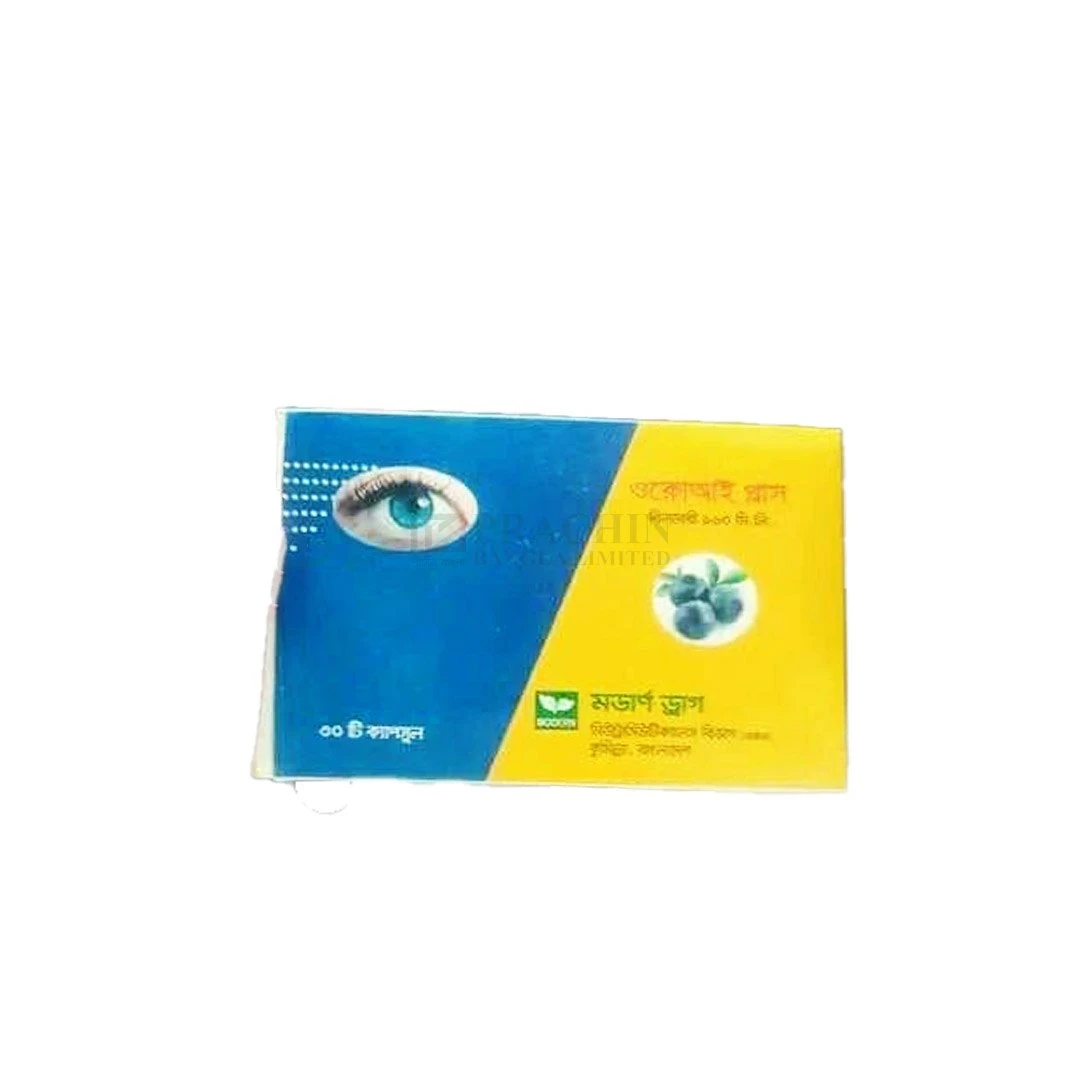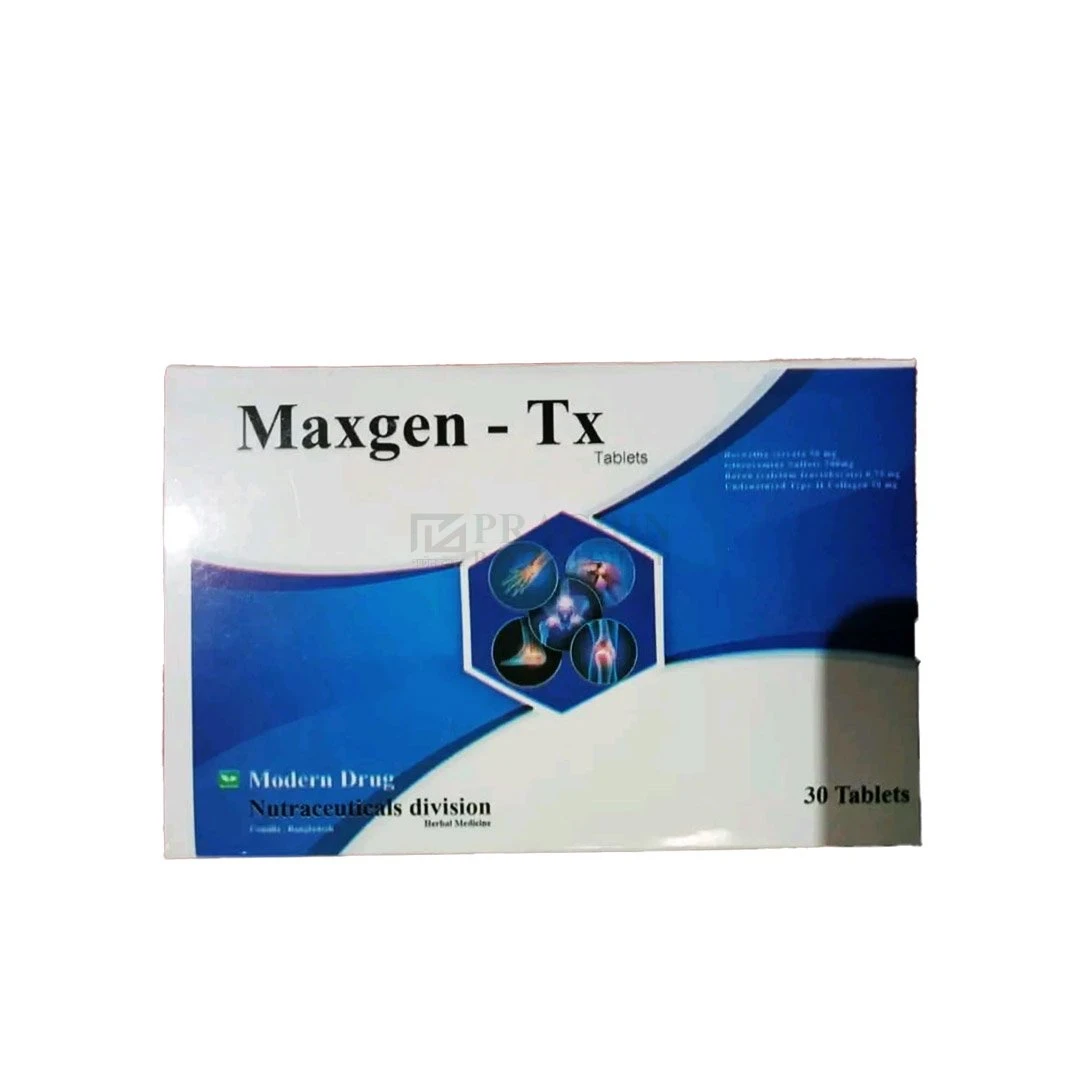
Introduction
PVD-120 Used in- Cerebral
insufficiency: memory deficit, depression, attention and memory loss that occur
with Alzheimer's disease and multi-infarct dementia. Vertigo and tinnitus
(ringing in the ear) of vascular and involutional origin. Peripheral vascular
disease: Improvement of pain-free walking distance in Peripheral Arterial
Occlusive Disease in Stage II according to Fontaine (intermittent claudication)
in a regimen of physical therapeutic measures, in particular walking exercise.
Uses of PVD-120
PVD-120 is used as a dietary
supplement.
Side effects of PVD-120
Some minor side effects
Stomach upset,
Headache
Dizziness
Constipation,
Forceful heartbeat
Allergic skin reactions
How to use PVD-120
Administered only orally as
advised by the physician.
How PVD-120 works
PVD-120 inhibits binding of
platelet-activating factor (PAF) to platelets resulting in inhibited platelet
aggregation and increased blood fluidity; reduces thrombosis, improvements in
cognition, working memory, short-term visual memory in dementia, short-term
memory in cerebral insufficiency, social functioning in people with dementia,
concentration in people with dementia, attention in people with dementia,
tinnitus in people with dementia, activities of daily living (ADL) scores in
people under 60 years old, mood and sleep in older individuals.
What if you forget to take
PVD-120 Tablet?
If you miss a dose of PVD-120,
take it as soon as possible. However, if it is almost time for your next dose,
skip the missed dose and go back to your regular schedule. Do not double the
dose.
Brief Description
Indication
Cerebral insufficiency: memory
deficit, depression, attention and memory loss that occur with Alzheimer's
disease and multi-infarct dementia. Vertigo and tinnitus (ringing in the ear)
of vascular and involutional origin. Peripheral vascular disease: Improvement
of pain-free walking distance in Peripheral Arterial Occlusive Disease in Stage
II according to Fontaine (intermittent claudication) in a regimen of physical
therapeutic measures, in particular walking exercise.
Administration
Administered only orally as
advised by the physician.
Adult Dose
Ginkgo Biloba 60 mg: 1 or 2
capsules daily or as advised by the physician. Ginkgo Biloba 120 mg:1 or 2
capsules daily or as advised by the physician.
Child Dose
Children dosage: 1 capsule 1/2
times daily.
Renal Dose
It should be used with caution in
patients with kidney disease. Dose adjustment of Vaskar Laban may be needed.
Please consult your doctor.
Contraindication
Ginkgo Biloba should only be used with caution in patients taking anticoagulant or antiplatelet agents i.e. warfarin, heparin & aspirin. It is also contraindicated in bleeding disorders due to increased bleeding potential associated with chronic use (6-12 months) or before elective surgery. Contraindicated in patients with known risk factors for intracranial hemorrhage.
Mode of Action
Ginkgo inhibits binding of
platelet-activating factor (PAF) to platelets resulting in inhibited platelet
aggregation and increased blood fluidity; reduces thrombosis, improvements in
cognition, working memory, short-term visual memory in dementia, short-term
memory in cerebral insufficiency, social functioning in people with dementia,
concentration in people with dementia, attention in people with dementia,
tinnitus in people with dementia, activities of daily living (ADL) scores in
people under 60 years old, mood and sleep in older individuals.
Precautions
Stop taking this product at least
2 weeks before surgery.Before taking this product, tell your doctor if you are
allergic to it, have bleeding problems, seizures, convulsions or epilepsy.
Ginkgo biloba may decrease the ability of blood to clot.
Side Effect
No side effects following proper administration of designated therapeutic dosages. In pooled clinical trials involving 10,000 patients, the incidence of side effects produced by Ginkgo Biloba extract was extremely small. There were few cases of headaches, dizziness, palpitation, gastrointestinal disturbances, bleeding disorders & skin hypersensitivity reactions. In higher than recommended doses, diarrhea, nausea, vomiting, restlessness, and weakness may occur.
Pregnancy & Lactation
Category Note
No Known restriction still found
during use in pregnancy and lactation.
Interaction
Taking ginkgo with certain
antidepressants, such as fluoxetine (Prozac, Sarafem) and imipramine
(Tofranil), might decrease their effectiveness. Taking ginkgo with simvastatin
(Zocor) might reduce the drug's effects. Ginkgo also appears to reduce the
effects of atorvastatin (Lipitor). Ginkgo might alter your response to these
drugs. It's possible that combining ginkgo with ibuprofen (Advil, Motrin IB,
others) might increase your risk of bleeding.
Storage Conditions
Keep out of the reach of
children. Keep away from light and moisture. Store in a dry and cool place.
No review given yet!
 Fast Delivery all across the country
Fast Delivery all across the country
 Safe Payment
Safe Payment
 7 Days Return Policy
7 Days Return Policy
 100% Authentic Products
100% Authentic Products




